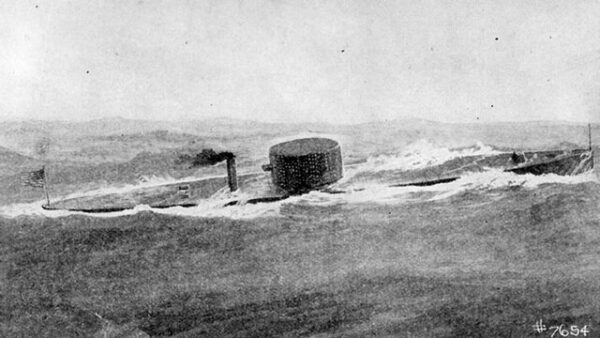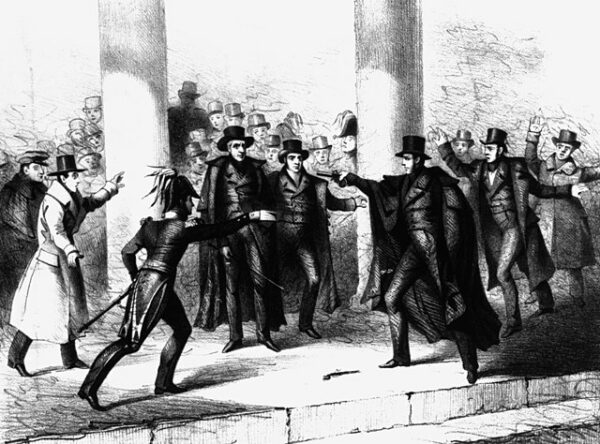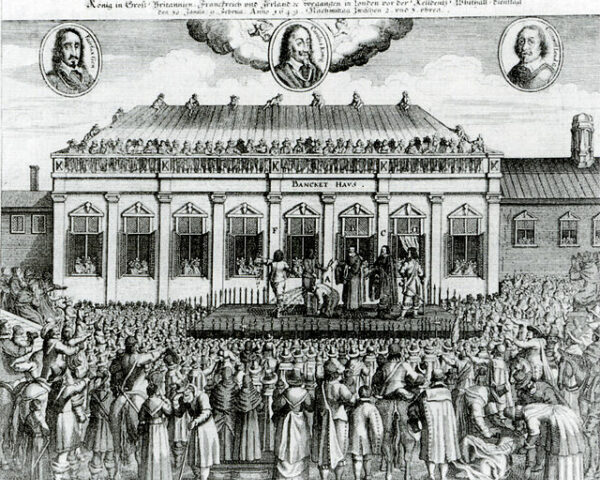The first convention of the Republican Party, held in Jackson, Michigan, on July 6, 1854, was a watershed moment in American history, ignited by a national outcry against the expansion of slavery. This event marked the birth of a new political force, destined to reshape the nation’s future and lead the charge against one of its greatest moral crises.
The formation of the Republican Party was a direct response to the Kansas-Nebraska Act, passed in May 1854. This contentious legislation repealed the Missouri Compromise, which had previously restricted slavery in certain U.S. territories, and introduced the concept of popular sovereignty, allowing settlers to decide whether to permit slavery. The Act’s passage triggered widespread anger among anti-slavery advocates, spurring a wave of political realignment.
In the wake of the Kansas-Nebraska Act, a coalition of anti-slavery Whigs, Free Soilers, and anti-Nebraska Democrats began to take shape. United by their opposition to the spread of slavery into western territories, they sought to create a new political entity capable of addressing this critical issue. The first significant step in this effort was the convention held in Jackson, Michigan.
On July 6, 1854, approximately 1,500 people gathered in Jackson for what was billed as a “Mass Anti-Nebraska Convention.” The event took place under a grove of oaks, providing a fittingly natural setting for this historic assembly. Among the attendees were notable figures such as former Michigan Governor Austin Blair and influential newspaper editor Zachariah Chandler.
The Jackson convention was characterized by passionate speeches and intense discussions about the future of the anti-slavery movement. Participants shared a profound belief that the expansion of slavery threatened the nation’s foundational principles of liberty and equality. They concluded that a new political party was essential to counteract pro-slavery forces and uphold the ideals of the American Republic.
One of the convention’s most significant achievements was the adoption of a platform that clearly articulated the party’s stance on slavery. The platform denounced the Kansas-Nebraska Act as a “gross violation of a sacred pledge” and called for its repeal. It also demanded the prohibition of slavery in all current and future U.S. territories, reaffirming the belief that all men are created equal. This platform established the ideological foundation for the Republican Party’s future actions.
Additionally, the Jackson convention saw the formal adoption of the name “Republican Party.” This name was chosen to reflect the party’s commitment to republican principles, including individual liberty and opposition to tyranny. It echoed the legacy of the American Revolution and underscored the party’s mission to preserve the Union as a bastion of freedom.
The first Republican convention in Jackson, Michigan, was a defining moment that marked the birth of a powerful political movement. With its strong anti-slavery stance, the Republican Party quickly gained momentum, culminating in the election of Abraham Lincoln as the 16th President of the United States in 1860.






